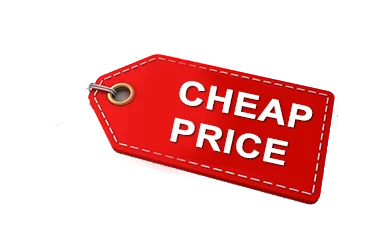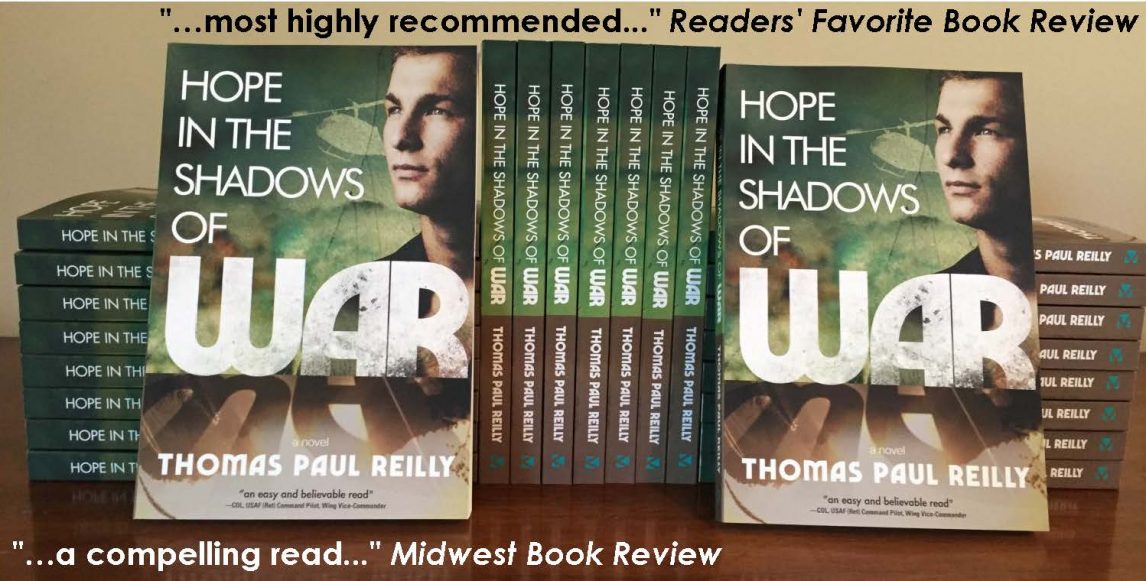
Cheap prices seduce and delude. They scream as Sirens to price-sensitive shoppers and delude them into believing they are getting great deals because of the cheap prices. Cheap prices do not equate to great deals. Consider this:
The flying public craved cheap air fares and got them, along with fewer flights, overbookings, cramped planes, diminished service levels, hub systems, and airport congestion. The overcrowding and heightened stress levels gave rise to a new phenomenon, air rage among travelers. Consumers are now suffering the high cost of low prices.
The U.S. consumer appetite for cheap goods contributed to a $531 billion trade deficit in 2015. The trade deficit with China alone was $367 billion (69%) of our total imported goods. American consumers are not buying Chinese goods for their quality. They are buying Chinese goods from discount stores because of their cheap prices. Exporting domestic manufacturing jobs is a high cost to pay for cheap prices.
Cheap gas prices should appeal to everyone. When consumers spend less for gas, they theoretically have more money for other things, but that expectation has not materialized. JPMorgan Chase studied credit card spending and found that people spent their windfall savings on more gas. It is counter-intuitive to think that cheap energy is a bad thing. Economists predicted the upside of cheap oil, but the president of the San Francisco Federal Reserve Bank said, “We got this wrong.” Why? The losses from lower prices caused energy companies halt investments and lay off workers. Cheap energy is an indicator of slower economic activity. One man’s pain is another man’s pleasure.
The real price of everything, what everything really costs to the man who wants to acquire it, is the toil and trouble of acquiring it. Adam Smith, Wealth of Nations
The exchange of one commodity (money) for another (goods and services) demands equity to be considered value. What buyers sacrifice is the “toil and trouble of acquiring” plus the cost of utility. The price of something says nothing about the cost to own, use, service, store, maintain or dispose of it. That is utility cost.
Buyers sacrifice to acquire. They pay a price and suffer costs. When the return on these two investments is equal to or greater than the sacrifice, they get a great deal. Cheap prices coupled with high costs result in lousy value if the return is less than the investment. Before buyers accept a cheap price as a good deal, they must ask themselves this question, “Is this cheap price too high a cost to pay?”
Tom Reilly is the author of sixteen books, including Crush Price Objections, (McGraw-Hill, 2010)


Whew, pretty heady stuff for a former West County” _ _ _” to digest. Well done, as usual. The topic is one that I would never have pursued to read and or learn about on my own. How unfortunate for me. I have never thought about spending, value and cost in such a analytical manner. Although it is late in my career, I believe that I will now review my business practices in light of your article. Thank you, Tom for providing the opportunity to think outside of my box.
Thanks, Regina.